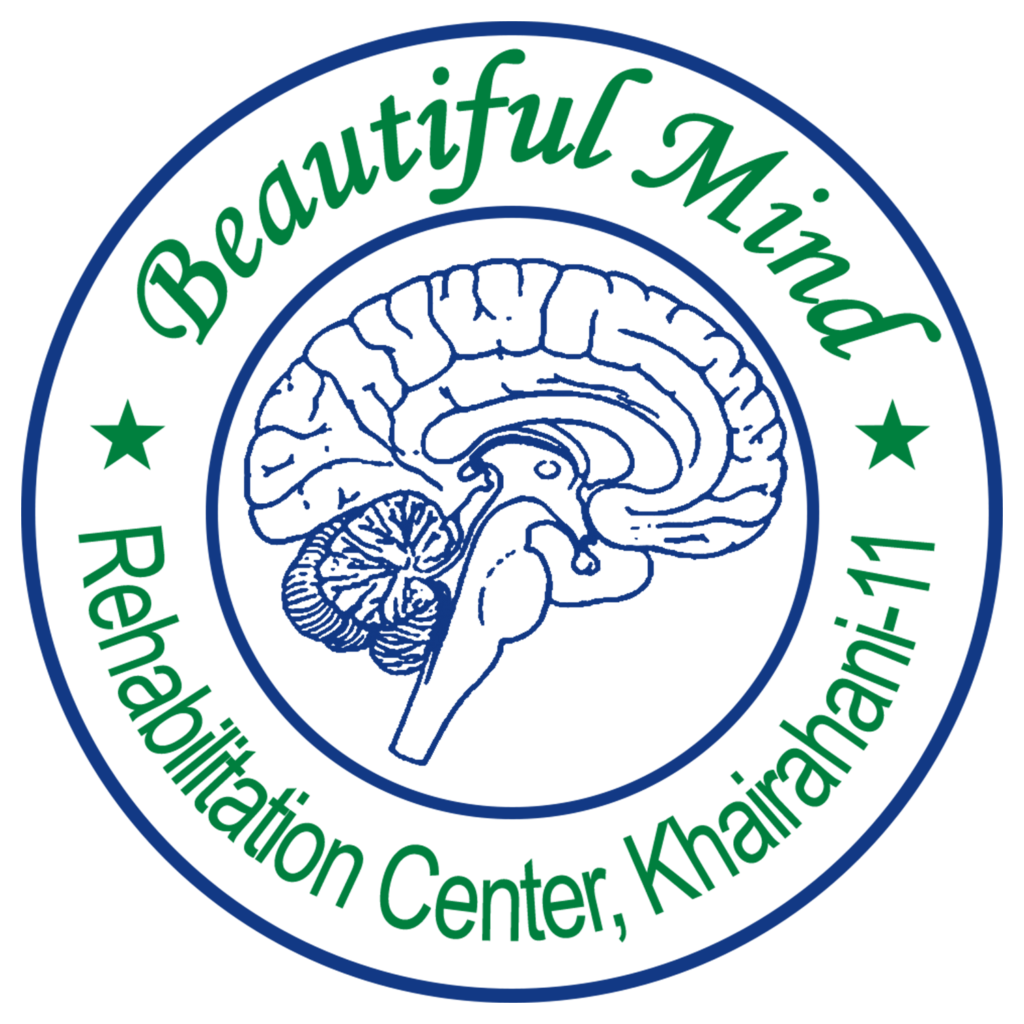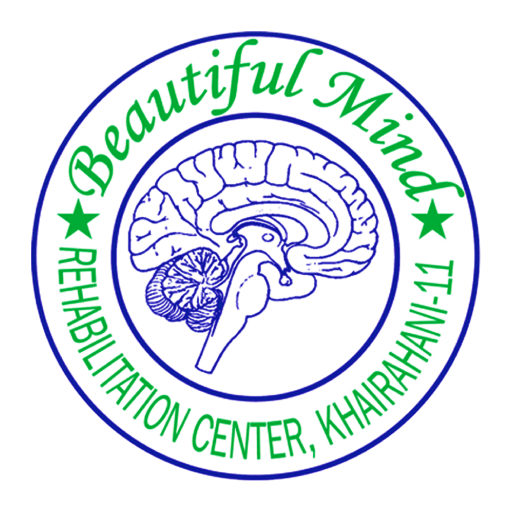Top Psychiatric and Wellness Hospitals in Nepal: A Guide for Families and Caregivers
URL: https://beautifulmind.com.np/
Introduction
Navigating the landscape of mental health care in Nepal can feel daunting, especially for families and caregivers looking to provide the best support for their loved ones. With increasing awareness and the gradual normalization of mental health conversations, it has become vital to know where to find quality, compassionate, and evidence-based psychiatric and wellness services. This guide highlights the top mental health hospitals in Nepal and offers practical tips for caregivers seeking the right support system.

Why Choosing the Right Psychiatric Facility Matters
Mental health issues require specialized care that goes beyond basic medical treatment. The right hospital combines clinical expertise with emotional support, community integration, and family involvement. Making an informed choice ensures safety, comfort, and long-term recovery for the patient.
Key Features of a Top Psychiatric and Wellness Hospital
- Accreditation and Licensing – Verified by Nepal Medical Council and other national regulatory bodies.
- Multidisciplinary Teams – Presence of psychiatrists, psychologists, counselors, occupational therapists, and social workers.
- Inpatient & Outpatient Options – Flexible service formats for varied patient needs.
- Comprehensive Services – Includes diagnosis, treatment, rehabilitation, counseling, and follow-up care.
- Holistic Approach – Integration of yoga, meditation, psychosocial counseling, vocational training, and lifestyle therapies.
- Family-Centered Care – Regular updates, therapy sessions, and psychoeducation for caregivers.
- Safe, Confidential, and Inclusive Environment – Respectful treatment with ethical standards and cultural sensitivity.
- Community and Support Integration – Collaboration with NGOs, community health workers, and government programs.

Top Psychiatric and Wellness Hospitals in Nepal
- Beautiful Mind Institute of Psychiatry – Chitwan
- Located in Khaireni-11, Gaidaha, Parsa
- Services: Psychiatry, rehabilitation, psychosocial counseling, rTMS, TDCS, yoga & vocational therapy
- Known for: Holistic healing, individualized care, serene residential setup
- Website: https://beautifulmind.com.np/
- Tribhuvan University Teaching Hospital – Maharajgunj, Kathmandu
- Government-backed academic hospital with psychiatry department
- Offers outpatient and inpatient mental health services
- Patan Mental Hospital – Lagankhel, Lalitpur
- Nepal’s first and oldest mental health hospital
- Offers inpatient care, detoxification, and psychotherapy
- Kanti Children’s Hospital – Kathmandu
- Has a specialized child psychiatry unit
- Focuses on adolescent and developmental mental health
- NIMHANS Nepal Collaboration Units
- Operates in partnership with Indian institutions
- Provides psychiatric consultations, training, and awareness programs
- B & B Hospital – Gwarko, Lalitpur
- Offers psychiatric and psychological services through outpatient care
- Norvic International Hospital – Kathmandu
- Known for integrated physical and mental wellness programs
- Grande International Hospital – Dhapasi, Kathmandu
- Multispecialty hospital with mental health services
- Manipal Teaching Hospital – Pokhara
- Psychiatry unit with inpatient and counseling facilities
- Bir Hospital – Kathmandu
- Government hospital with growing mental health department
Tips for Families and Caregivers When Choosing a Mental Health Hospital
- Visit the Facility – Tour the space, observe hygiene, and speak to staff members.
- Ask About Aftercare Plans – Recovery continues after discharge.
- Ensure Family Involvement – The facility should welcome your input.
- Check Patient Reviews – Authentic feedback helps assess reliability.
- Inquire About Emergency Protocols – Ensure 24/7 support and safety procedures.
- Understand the Treatment Philosophy – Ask how they approach trauma, medication, and therapy.
- Look for Continuity of Care – A plan that transitions from hospital to home.

Why Beautiful Mind Institute of Psychiatry Stands Out
Beautiful Mind Institute in Chitwan embodies a forward-thinking, human-centered model of mental health care. With licensed experts, round-the-clock support, and diverse therapeutic services, it prioritizes holistic recovery.
What Makes It Unique:
- Affordable yet premium care
- Multimodal therapy with modern and traditional methods
- Gender-sensitive and trauma-informed framework
- Active caregiver involvement and community outreach
Contact Information
📍 Khaireni-11, Gaidaha, Parsa, Chitwan, Nepal
📞 +977-98550945843 (Hira Ale Magar)
📞 +977-9855094582 (Ansuda Poudel)
📞 +977-9855094584 (Kamal Sharma Bushal)
🌐 https://beautifulmind.com.np/
Conclusion
Finding the right mental health hospital in Nepal doesn’t have to be overwhelming. With trusted institutions like Beautiful Mind Institute leading the way, families and caregivers now have the resources, guidance, and compassionate care needed to support their loved ones. Empower your choices—because mental health is not a luxury; it’s a necessity.
✅ Frequently Asked Questions (FAQs)
- What are the best psychiatric hospitals in Nepal?
Some of the top psychiatric hospitals in Nepal include the Beautiful Mind Institute of Psychiatry, Tribhuvan University Teaching Hospital (TUTH), Patan Mental Hospital, and mental health wings of larger private hospitals like Norvic and Grande International. - What services do psychiatric hospitals in Nepal offer?
Services typically include psychiatric consultation, diagnosis, medication management, inpatient care, counseling, rehabilitation, and therapies like CBT, yoga, and meditation. - How do I choose the right psychiatric hospital for my family member?
Look for licensed professionals, holistic treatment options, patient reviews, a clean environment, and strong family involvement. - Is mental health care expensive in Nepal?
Costs vary depending on the hospital. Government facilities are more affordable, while private hospitals may offer better amenities but at a higher cost. Some NGOs and private institutions like Beautiful Mind offer subsidized care. - Are mental health services covered by insurance in Nepal?
Only a few insurance plans in Nepal cover mental health, but this is slowly changing. It’s best to consult your provider for specifics. - Do psychiatric hospitals provide rehabilitation for addiction?
Yes, many psychiatric hospitals, like Beautiful Mind Institute, offer integrated addiction treatment including detox, counseling, and relapse prevention. - What is the difference between a psychiatrist and a psychologist?
Psychiatrists are medical doctors who can prescribe medications. Psychologists offer talk therapy and psychological assessments but do not prescribe medication. - Can I admit a family member without their consent?
Involuntary admission is legal under specific criteria (such as harm to self or others), but it’s always better to consult legal and medical experts. - Is there a mental health helpline in Nepal?
Yes. Organizations like TPO Nepal and Transcultural Psychosocial Organization have helplines. Beautiful Mind Institute also offers consultation numbers. - What’s the role of caregivers in psychiatric recovery?
Caregivers offer emotional support, help with medication management, and work closely with the treatment team for long-term wellness. - Do psychiatric hospitals in Nepal offer child and adolescent services?
Yes, some hospitals offer specialized services for children and teens, including Beautiful Mind’s child counseling and behavioral therapy. - Are therapies like yoga and meditation scientifically valid for mental health?
Yes, evidence shows mindfulness, yoga, and meditation reduce stress, anxiety, and depression—making them excellent complementary therapies. - Can a person continue working or studying while under treatment?
Absolutely. Many psychiatric hospitals support outpatient care, allowing patients to continue daily life while receiving treatment. - Do hospitals provide online or telepsychiatry services?
Yes, especially after COVID-19, online consultations are increasingly available in urban areas. - How long does inpatient psychiatric treatment usually last?
Depending on the diagnosis, inpatient treatment can last from a few days to several weeks. Recovery timelines are personalized. - Is confidentiality maintained at psychiatric hospitals?
Reputable hospitals like Beautiful Mind strictly maintain patient confidentiality and follow ethical standards. - Can therapy alone help, or is medication always required?
Not always. Many conditions can improve with counseling and therapy alone, but severe conditions may require both. - What is psychosocial counseling?
Psychosocial counseling addresses emotional, social, and psychological well-being, and is often used alongside psychiatric treatment. - Do wellness hospitals also treat trauma and PTSD?
Yes. Trauma-informed care is part of many wellness hospitals, including treatment for PTSD, anxiety, and grief. - Are there any women-focused mental health services in Nepal?
Some hospitals have women-focused therapy or female therapists on request. Beautiful Mind offers gender-sensitive approaches. - What should I bring when admitting someone to a psychiatric hospital?
ID, medical records, basic personal items, current medication, and any relevant test results. - Do psychiatric hospitals offer vocational training?
Yes, especially for rehabilitation and reintegration. Beautiful Mind offers vocational therapy as part of its holistic approach. - Are families involved in the treatment plan?
Yes. Involving families in therapy sessions, psychoeducation, and discharge planning enhances recovery. - What happens after discharge from a psychiatric hospital?
Follow-up care, therapy sessions, support groups, and check-ins are typically arranged to prevent relapse. - Where is Beautiful Mind Institute of Psychiatry located?
📍 Khaireni-11, Gaidaha, Parsa, Chitwan, Nepal.
🌐 https://beautifulmind.com.np/
📞 +977-98550945843 (Hira Ale Magar)
📞 +977-9855094582 (Ansuda Poudel)
📞 +977-9855094584 (Kamal Sharma Bushal)
#MentalHealthNepal #PsychiatricCareNepal #FamilySupport #BeautifulMindNepal #HolisticHealing #MentalWellness










